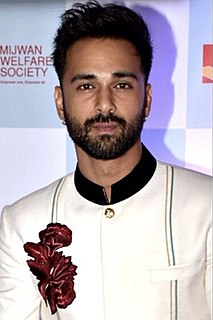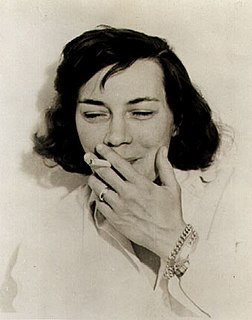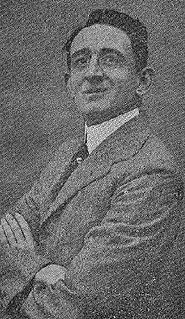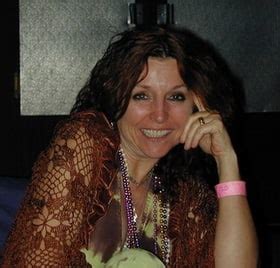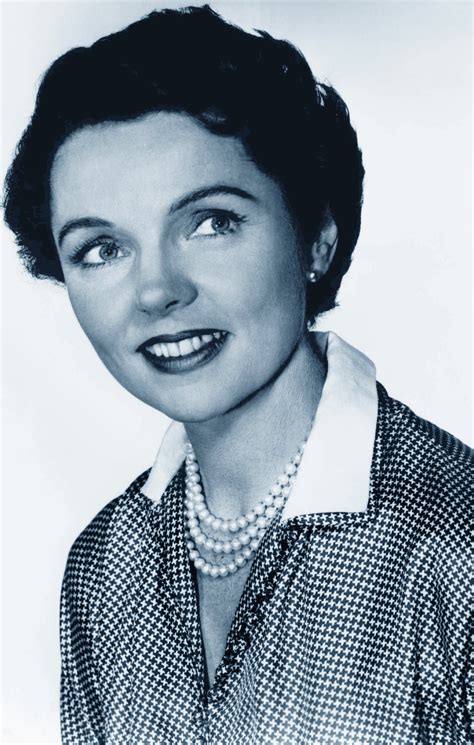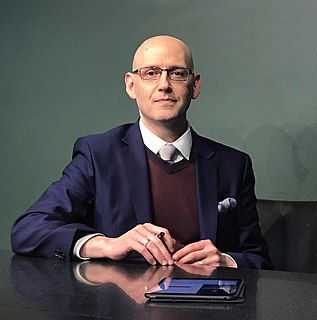A Quote by Sarah MacLean
That first meeting - the one where the hero and heroine start the slow burn that takes the whole story to turn into true love - is the single most important part of the whole book. Nail it, and you've won yourself readers.
Related Quotes
The love story between the hero and the heroine has to be at the center of the book. I think that's pretty true in my books. I usually write a secondary love story, with maybe nontraditional characters. Sometimes I write older characters. I'm interested in female friendships, and family relationships. So I don't write the traditional romance, where you just have the hero and the heroine's love story. I like intertwining relationships.
Without the book business it would be difficult or impossible for true books to find their true readers and without that solitary (and potentially subversive) alone with a book the whole razzmatazz of prizes, banquets, television spectaculars, bestseller lists, even literature courses, editors and authors, are all worthless. Unless a book finds lovers among those solitary readers, it will not live . . . or live for long.
It does not take a great supernatural heroine or magical hero to save the world.We all save it every day, and we all destroy it -- in our own small ways -- by every choice we make and every tiniest action resulting from that choice.The next time you feel useless and impotent, remember what you are in fact doing in this very moment. And then observe your tiny, seemingly meaningless acts and choices coalesce and cascade together into a powerful positive whole.The world -- if it could -- will thank you for it.And if it does not... well, a true heroine or hero does not require it.
Usually I work out the plot before I start. This time I thought: Writers always talk about not knowing where a book is going - -I want to experience that, too. What I found out is that it's very interesting, but it takes much longer because you have so many false starts. You take wrong turns and you have to go back and start the whole chapter, or the whole section, from scratch.
I am a technophile, so there is no such thing as a first draft. The first draft plunges on, and about a quarter of the way through it I realise I'm doing things wrong, so I start rewriting it. What you call the first draft becomes rather like a caterpillar; it is progressing fairly slowly, but there is movement up and down its whole length, the whole story is being changed. I call this draft zero, telling myself how the story is supposed to go.



